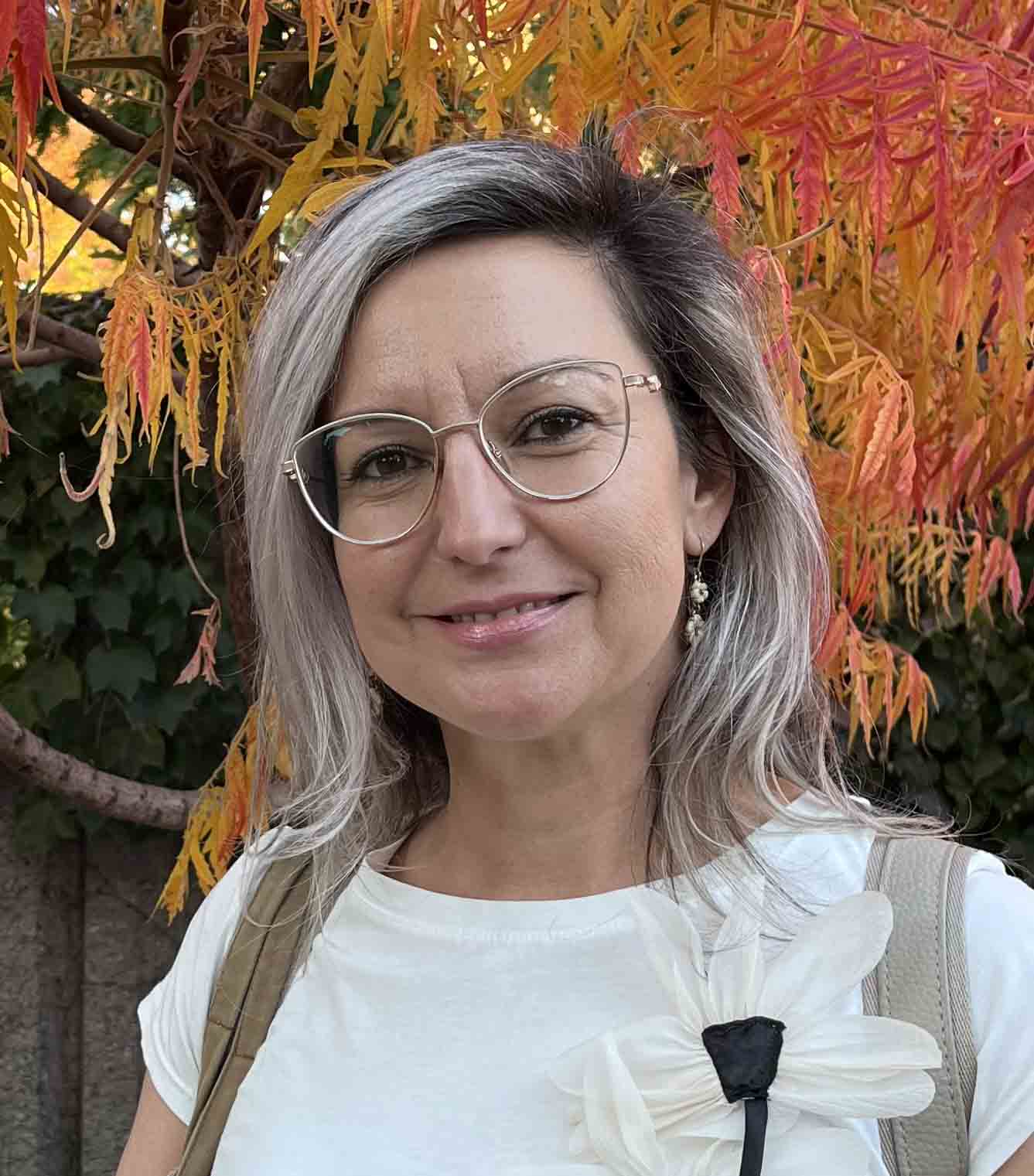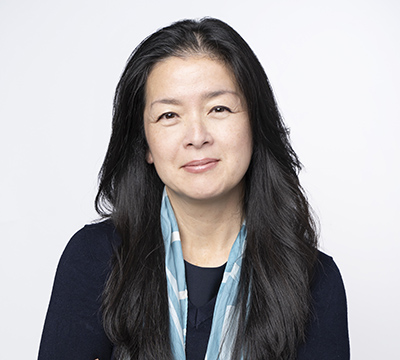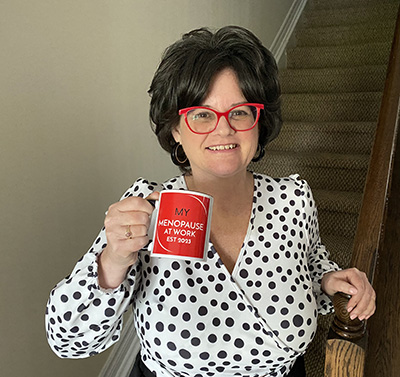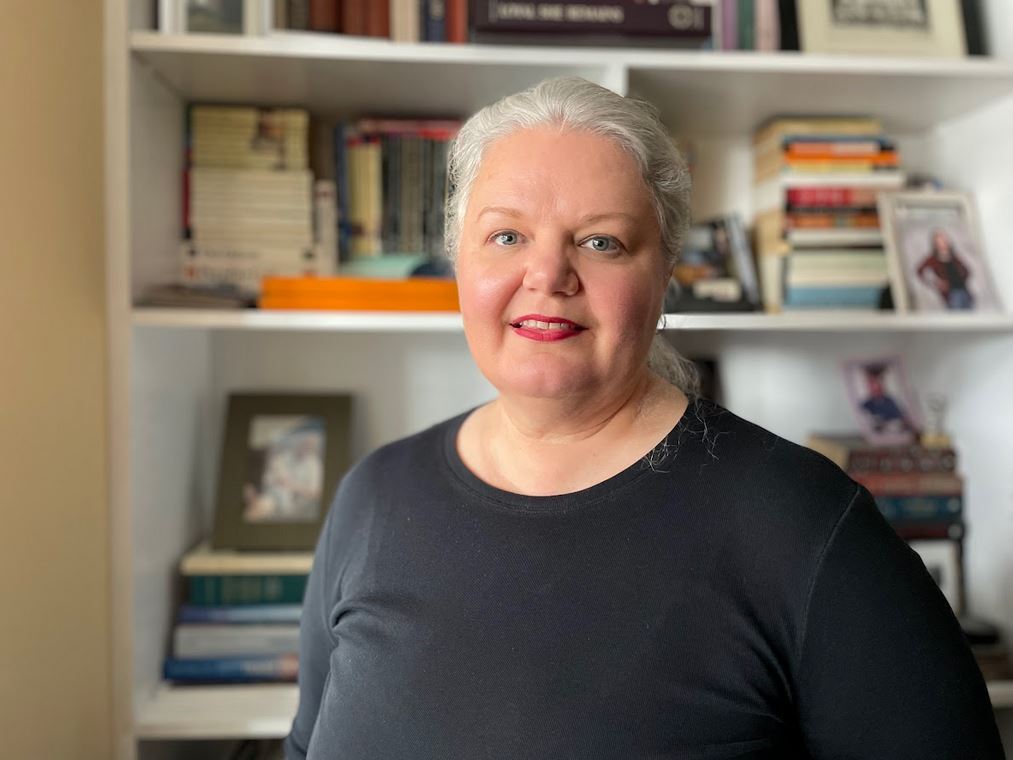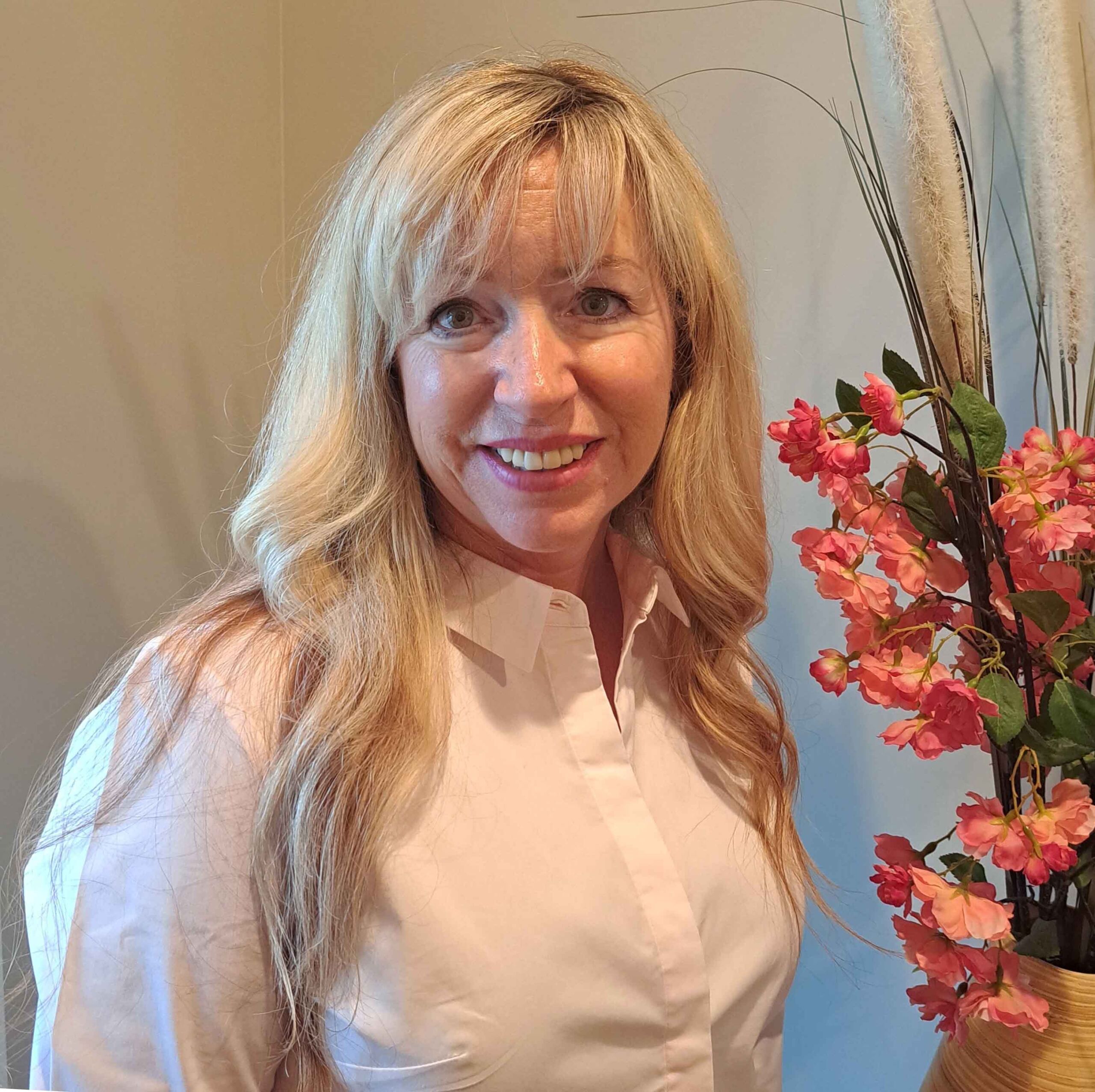
Tracy: Menopause Symptoms Cost Me My Job
Now 54 and postmenopausal, Tracy’s perimenopause journey began at age 47 – though she didn’t know it at the time. Her heavy bleeding, severe anemia, and insomnia led to a referral to an oncologist, who recommended a protocol of iron infusions and prescribed sleeping pills. More symptoms, including unexplained weight gain, hair loss, fatigue, and anxiety started at age 49; still Tracy had no idea what was going on and why her body was shutting down. When night sweats kicked in when she turned 50, she was finally able to connect the dots and realize she was going into menopause. Menopause hormone therapy has now helped to address some, but not all, symptoms, and she continues to seek care.
Tracy believes she was fortunate to have a family doctor, medical insurance and access to medical experts, but says they lacked the experience required to address the totality of her symptoms, leading to years of tests aimed at individual symptoms. These symptoms were so severe she had to take a leave of absence from work at 53, and after returning to work, lost her job at 54 because she felt she just couldn’t function at the level of her peers.
“I don’t blame the company because they did their best to accommodate me based on what they knew,” she said. “I just don’t think they knew or understood the whole story because I didn’t know myself.“
Looking back, she believes if she had access to information about menopause in her early to mid-forties, she probably would have made different, more informed, decisions about care and would have advocated for herself differently.
“I was fortunate to find the Menopause Foundation of Canada and it’s been a great resource and platform to help me look at the combined symptoms and solutions and how to address them, she said”
Tracy would also like to make sure the stigma around menopause, especially in communities of different cultures and socioeconomic backgrounds, is taken away.
“I can’t speak for all, but I know as a person of colour, reproductive health was not something openly discussed,” she said. “I think we need to make sure women are doing their own research to understand what is happening to their bodies, and that their health care providers are taking steps to become more informed.”


